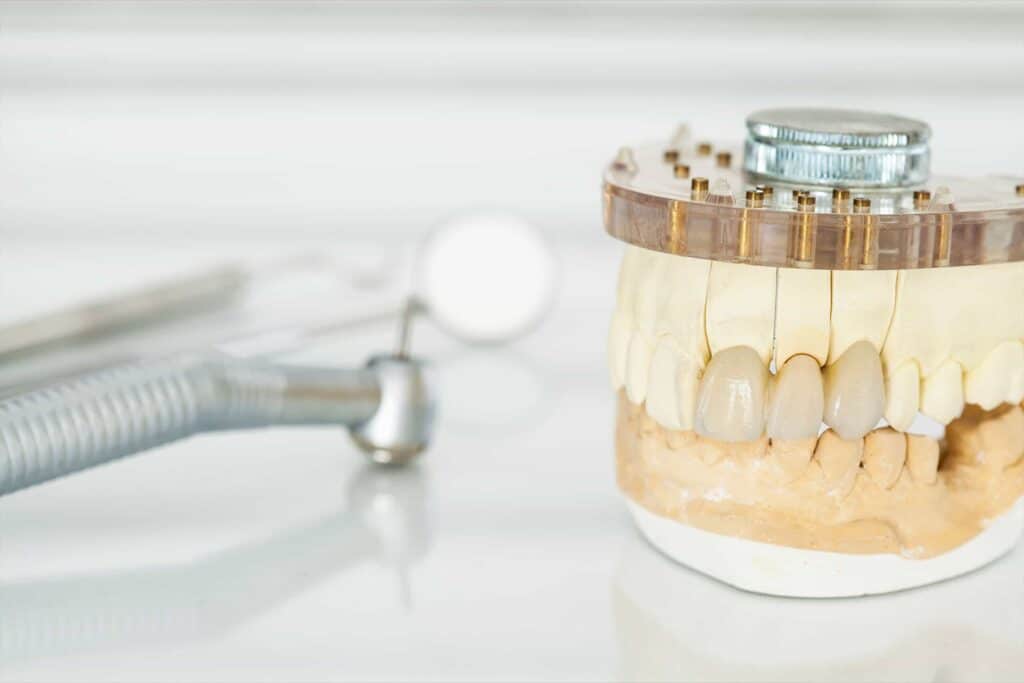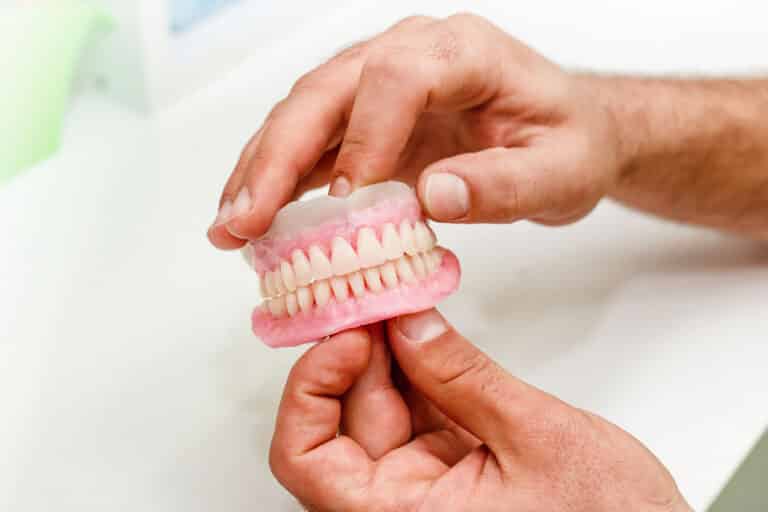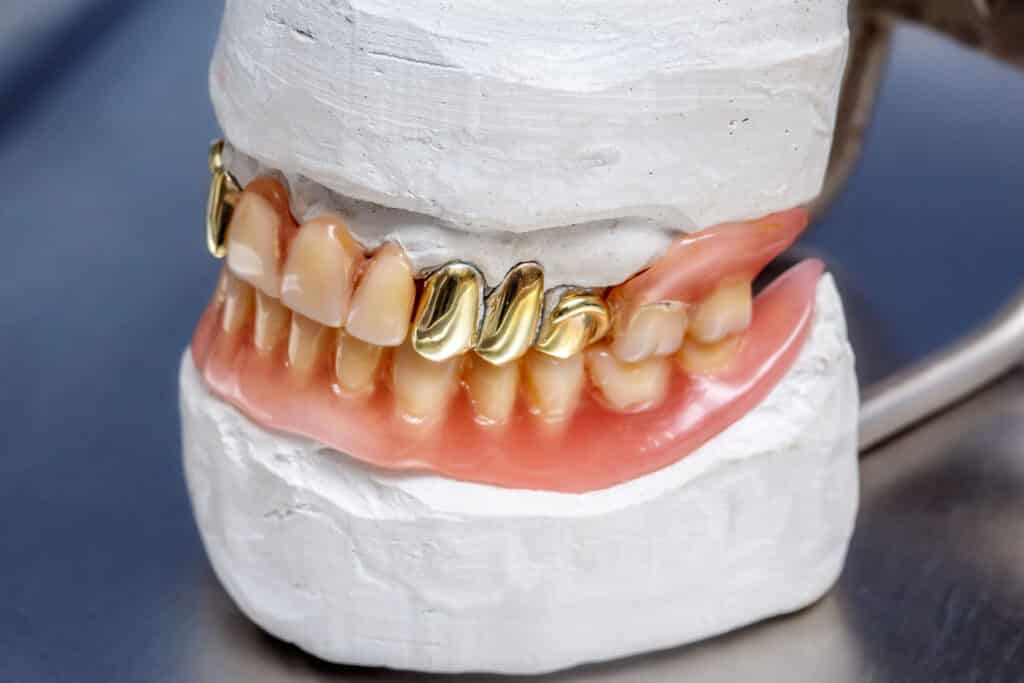Are Fillings Permanent?
Like everything in medicine, nothing lasts forever. Everything, from fillings to crowns to implants, has an expiration date. Some things will last longer than others; however, do not expect any restoration to last forever. Fillings should last around 7 to 10 years, although they can last much longer or shorter than that, depending on your oral hygiene habits.
What Causes Cavities?
Cavities are caused from bacteria that live inside your mouth. Unless you live in a completely sterile environment, chances are you have oral bacteria. Whenever you eat something, the bacteria also eat that same thing. The bacteria produces byproducts that make the mouth acidic. Over time that acid will erode your teeth and cause cavities.
What Should I Do If I Have A Dental Emergency?
It depends on what the emergency is. However, the absolute first thing to do is call your dentist immediately. They will be able to give you advice, and may be able to help you right away depending on the severity of the emergency. Common dental emergencies include severe pain, swelling, or a tooth breaking from trauma. If you are able, take OTC medications (following manufacturer guidelines) to help reduce the pain. Unfortunately the definitive outcome almost always requires some type of treatment, which is why you should contact your dentist as soon as possible.
What Are The Signs Of Gum Disease?
Common signs of gum disease include red and swollen gums that easily bleed, constantly bad breath, loose teeth, or receding gums. The more severe the disease, the more signs and symptoms are present. Unless there is an active infection, there’s usually very little to no pain or discomfort associated with gum disease.





